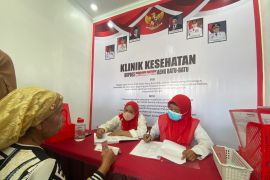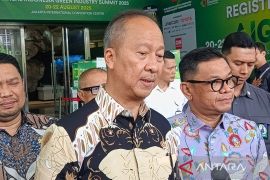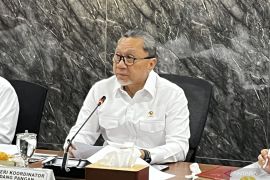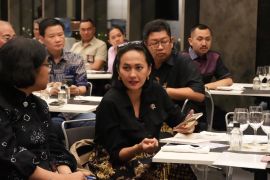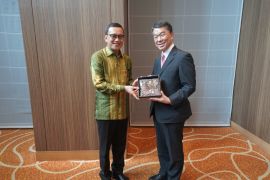"We have shut down raw rattan exports so that the commodity can be fully absorbed by domestic industries," Trade Minister Gita Wirjawan said in a press statement received here on Thursday.
The government had taken the measure because it wants rattan-based industries not to develop only in Java island but throughout Indonesia, the minister said.
Besides there is also an increasing effort for the transfer of technology is required to improve product quality through design development, he said.
Other fundamental reason of the rattan raw material export ban policy is to maintain the threshold of sustainable rattan and forest resources, improve industrial utilization and export of rattan products, as well as to prevent the smuggling of certain types of rattan.
Various policy measures that needed to be taken to minimize the impact of the export ban on raw rattan materials were by doing a variety of policies and action plans from various aspects.
From the industrial aspect it was by ensuring the availability of rattan raw materials for the benefit of domestic industries, minimizing the direct impact to the farmers / gatherers rattan cane so that all resulting from natural and cultivated forests can be absorbed by domestic industries, as well as prepare a domestic development industries roadmap that is realistic and can be immediately applied.
From the forestry aspect, the existence of the real policy support to rattan farmerss not to move to other business sectors and the policy to support rattan`s ecosystem.
In the trade sector, the regulation issuance of the Minister`s regulation that sets rattan into the warehouse receipt system will obtain government subsidies to bank interest.
According to available data, 85 percent of the world`s rattan consumption is being supplied by Indonesia but domestic utilization was only 30 percent because of export market demand.(*)
Editor: Heru Purwanto
Copyright © ANTARA 2011
